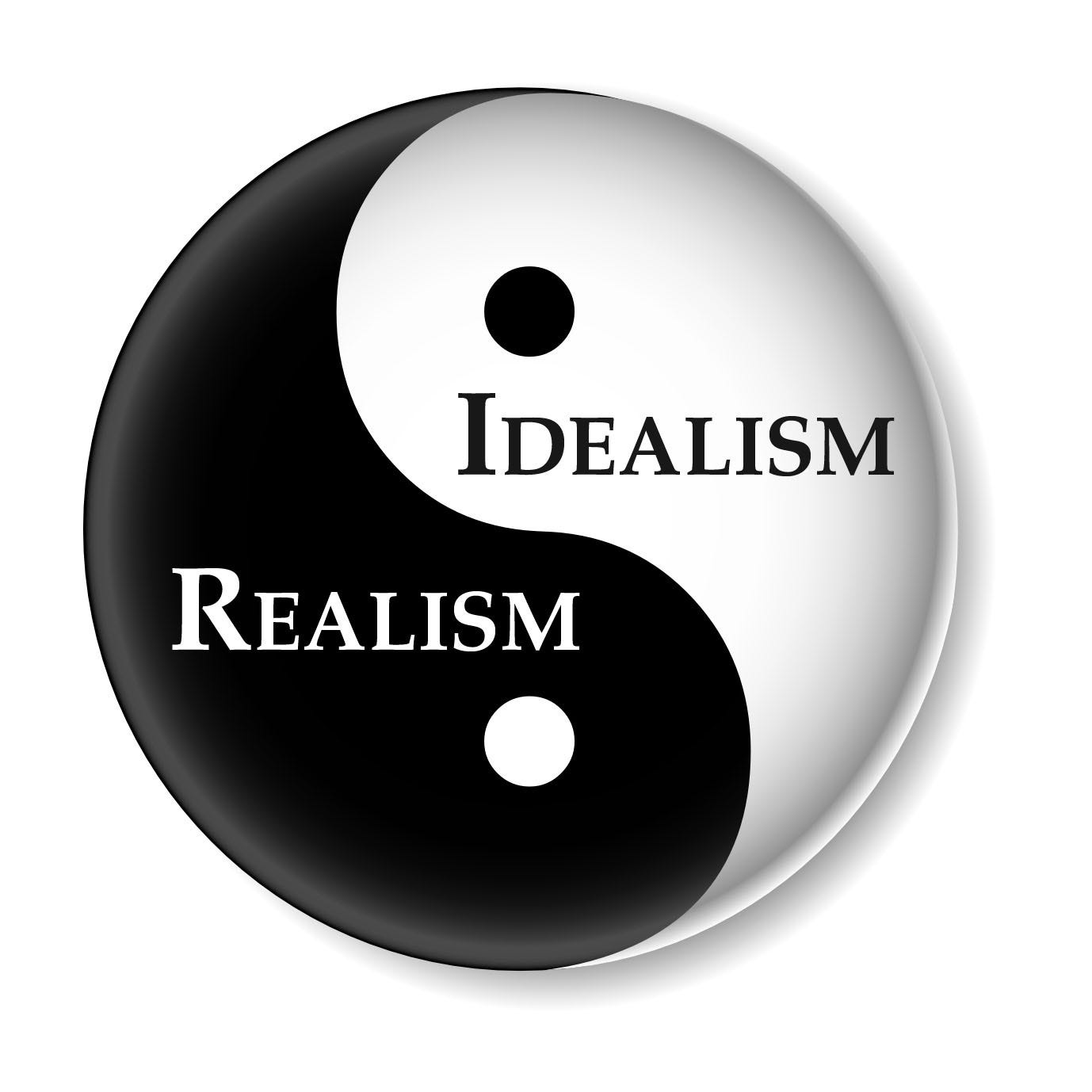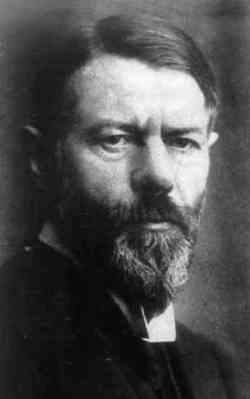Day 4&5
Quick explanation of the missing day. The debate between realist and Idealist.
Idealist: believe that somewhere, there is a model of perfection. An example would be that a sunset is beautiful because it was made by God, the embodiment of perfection. 
Realist: does not believe that there is an ideal somewhere; the world we see is all there is. To continue with the sunset example, it is beautiful because it is different every time: the colors, the clouds, location, etc. or it reminds us of another (happier) time.
How do you look at a sunset? Me personally, I’m a realist. I look at the cold hard facts of life and live the best I can. Congrats to idealists for their life goal of seeking perfection, but I’ll stick to what I know is there or can make myself.
This was also recapped in the beginning of class on Day 5, leading into Industrialization and the Cold War.
 Max Weber: German Sociologist in the late 19th century once believed that modern life in the Industrial era would drive away ideas of the magic and supernatural, in favor of rationalization.
Max Weber: German Sociologist in the late 19th century once believed that modern life in the Industrial era would drive away ideas of the magic and supernatural, in favor of rationalization.
He wasn’t wrong. Moving away from the dark ages and witch trials, the Industrial era brought with it everything from file cabinets, computers, to weapons.
During the Cold War between the US and USSR, the government heavily funded weapons development and computer technology, creating the world we know today. Computers contributed greatly to the calculations of missile trajectories, rockets, and shells. The inclusion of data relied upon human hands to turn knobs and spin dials to input the necessary information, which resulted in human error quite a few times. Nevertheless, computers were a new instrument, often thought of as magical electrical brains. These “brains” would span an entire warehouse, rather than the petit discs we’ve come to know.
Leave a Reply